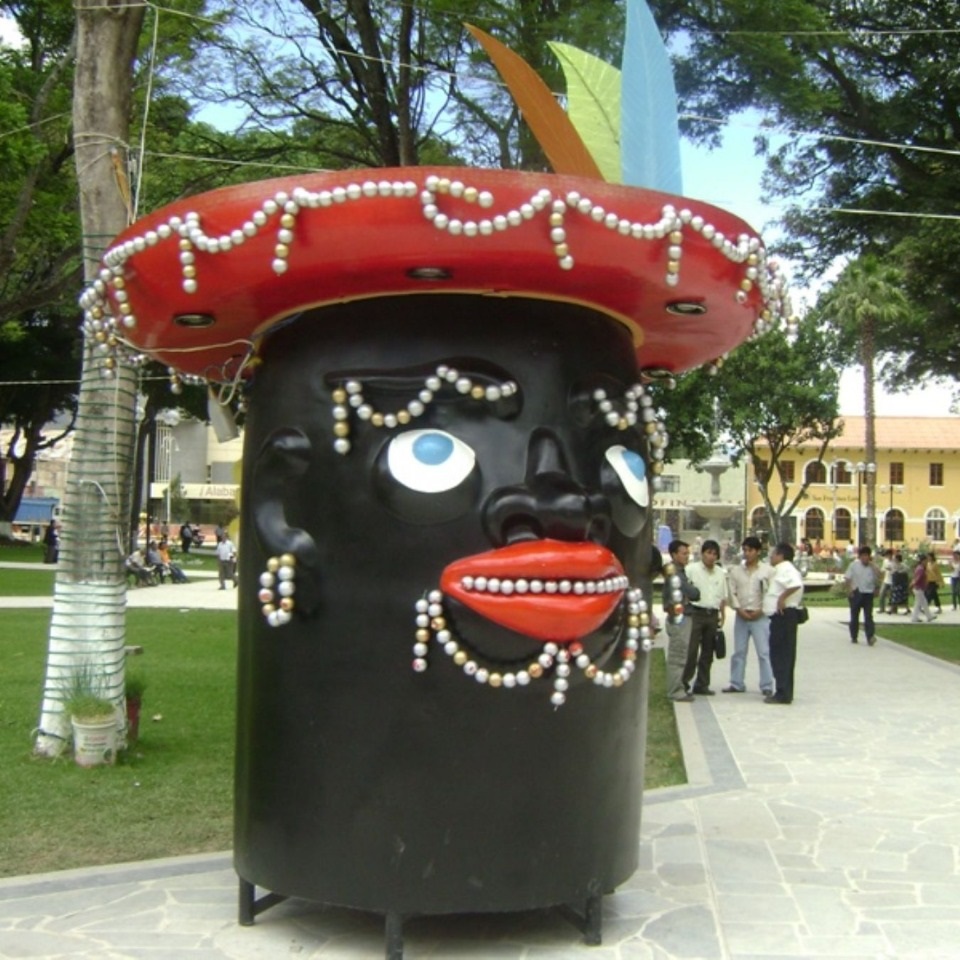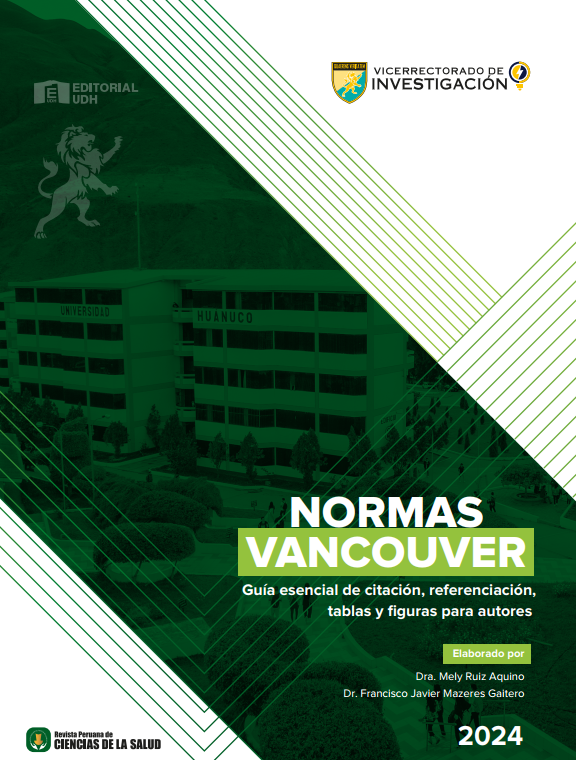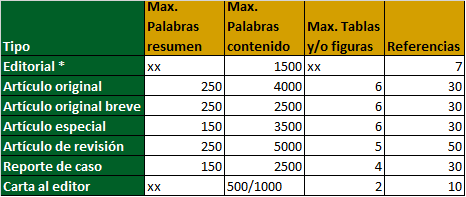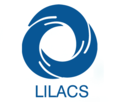Social-healthcare characterization of families in the town of Huánuco
DOI:
https://doi.org/10.37711/rpcs.2020.2.4.228Keywords:
families, demographic characteristics, social characteristics, family characteristics, family health, family lifestyleAbstract
Objective. To describe the social-healthcare characteristics of the families in the town of Huánuco. Methods. It was a study with a quantitative approach, a descriptive type and a transversal design. The population was 1555 families, the sample being 373, selected probabilistically by strata. An interview guide of the general characteristics and typologies of the lifestyles was applied. Frequency and proportion measurements were used. Results. Analyzing the demographic characteristics of families, it was found in a higher proportion [56.8% (212)] that the father is the one who assumes the role of head of family. 27.9% (104) were between 40 and 49 years old. A total of 37.3% (139) declared that they were married; 59.5% (222) were involved in operating machinery and equipment; 28.2% (105) had completed high school; 70.8% (264) were Catholic and 14.2% (53) were beneficiaries of some government social program. The type of family, in 57.1% (213) were nuclear families. When describing the characteristics of the health status, 80.2% (299) did not present any health problems. The place where they went when they got sick [(44% (164)] was, in greater proportion, the hospital. With respect to the type of family lifestyle, 34.9% (130) had a formalist lifestyle. Conclusions. Patriarchal and nuclear families predominate, with average adults such as heads of families, married, with full secondary education, catholics and, in a great proportion, do not present any health problems. The predominant lifestyle typology was the formal one.
Downloads

Published
How to Cite
Issue
Section
License
Copyright (c) 2020 Revista Peruana de Ciencias de la Salud

This work is licensed under a Creative Commons Attribution 4.0 International License.























